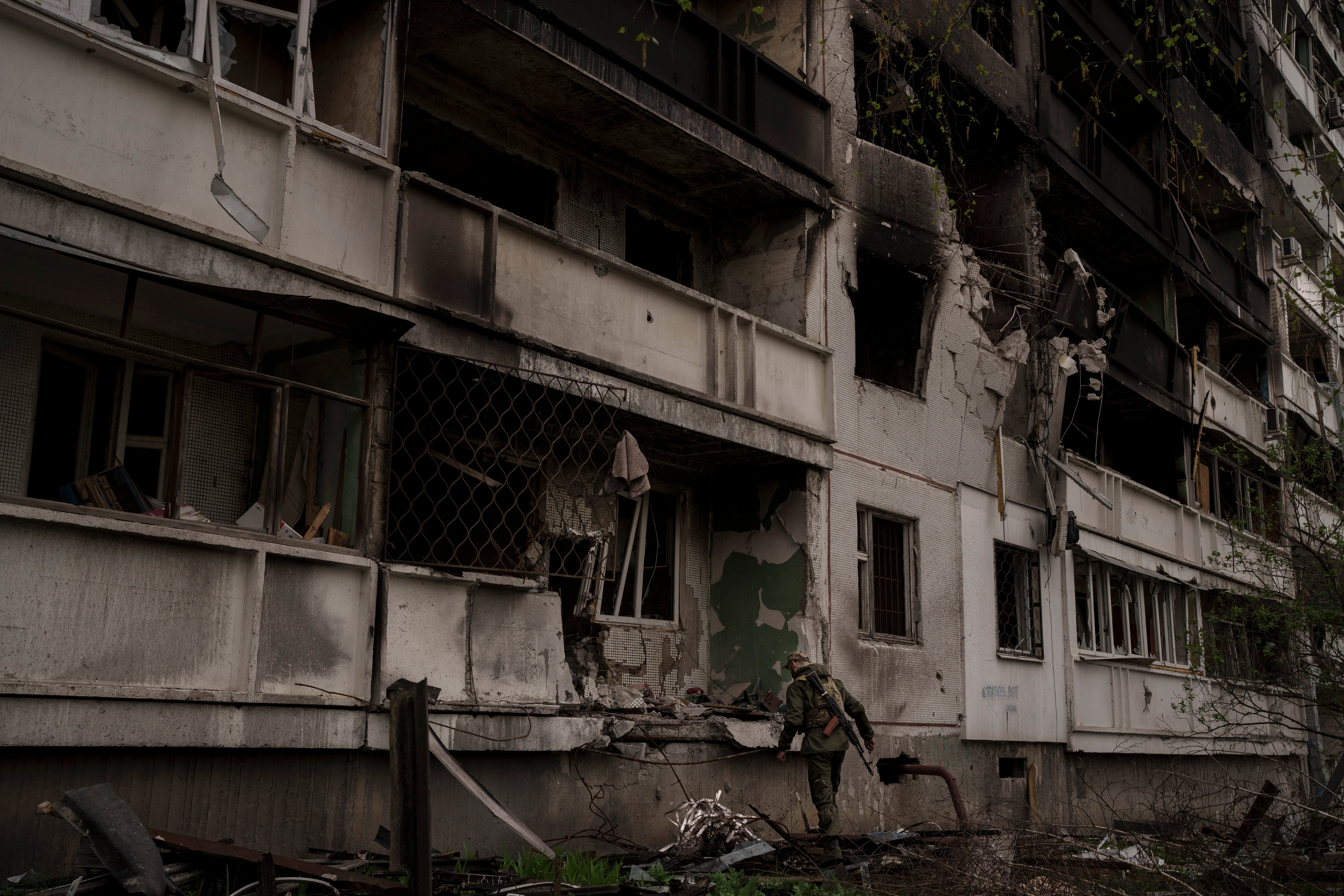Ministers targeted by Russian hoax callers pretending to be captured British citizens
Exclusive: Russian information operations believed to be behind calls made to private offices of cabinet members

Your support helps us to tell the story
From reproductive rights to climate change to Big Tech, The Independent is on the ground when the story is developing. Whether it's investigating the financials of Elon Musk's pro-Trump PAC or producing our latest documentary, 'The A Word', which shines a light on the American women fighting for reproductive rights, we know how important it is to parse out the facts from the messaging.
At such a critical moment in US history, we need reporters on the ground. Your donation allows us to keep sending journalists to speak to both sides of the story.
The Independent is trusted by Americans across the entire political spectrum. And unlike many other quality news outlets, we choose not to lock Americans out of our reporting and analysis with paywalls. We believe quality journalism should be available to everyone, paid for by those who can afford it.
Your support makes all the difference.Ministers are being targeted by hoax callers pretending to be British citizens captured by Russian forces in Ukraine, The Independent understands.
Russian information operations are believed to be behind the calls, which have been made to the private offices of cabinet members.
To date, two British soldiers fighting with the Ukrainian army have been captured by Vladimir Putin’s troops. Both were paraded on Russian television last week.
In an email sent by Cabinet Office security last week, staff were urged not to engage with callers impersonating the soldiers and instead to direct them to the Foreign, Commonwealth and Development Office.
There is concern that the calls are being recorded with the intention of being doctored and then released publicly to embarrass the government, which has already been caught out in this manner.
Last month, footage was shared online of a video call between defence secretary Ben Wallace and a man posing as Denys Shmyhal, the Ukrainian prime minister.
The episode raised serious questions about the security failings that had led to pranksters accessing one of the UK’s most senior ministers and asking questions about the diplomatic and military situation in Ukraine.
A government spokesperson said the latest attempts to ensnare government ministers “are standard practice for Russian information operations and further evidence of the Putin regime’s efforts to distract from their illegal activities in Ukraine, including human rights abuses.
They added that the ploy “also reflects Putin’s desperation as he seeks to hide the scale of the conflict and Russia’s failings on the battlefield.”
Home secretary Priti Patel said last month that she had received a similar call to the one made to Mr Wallace, who was put through to a Microsoft Teams video call with two professional prank callers said to be linked to the Kremlin.
Downing Street later revealed that an unsuccessful attempt to contact culture secretary Nadine Dorries had also been made during the same period.
Experts say that Russia has a track record in using this type of tactic to spread disinformation, humiliate politicians, and twist narratives.
“So called ‘comedians’ or YouTubers, who are often linked to the Russian state, will try and entrap western politicians to embarrass them or take their words out of context to suit the Kremlin’s needs,” said the Centre for Information Resilience (CIR), which monitors and exposes disinformation activities.
“The Kremlin will ruthlessly exploit the British nationality of the two captured soldiers – both to push false narratives around direct western involvement in the war, and to use coercive methods to make the prisoners repeat absurd talking points about Nazis in Ukraine.”
Dr Marc Tuters, an expert in online political subcultures at the University of Amsterdam, said that the attempts to ensnare politicians fit into the Kremlin’s “hybrid military strategy, where they define the field of battle as also including the information space”.
He said hoaxing and “trolling” were being weaponised by Russia with the aim of “probing the vulnerability within a given system” and “destabilising” the official narrative around the invasion of Ukraine.
Following Mr Wallace’s prank call, a cross-department government inquiry was launched into the security breach.
The CIR said it was right for the government “to be preparing” staff against further attempted hoax calls.
Join our commenting forum
Join thought-provoking conversations, follow other Independent readers and see their replies
Comments